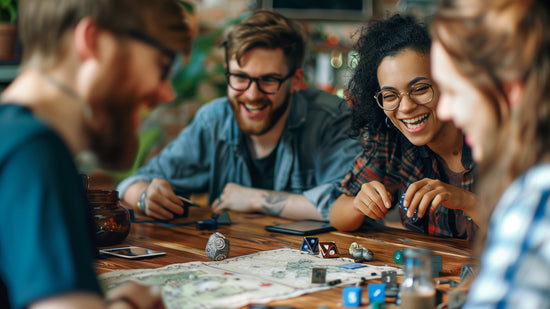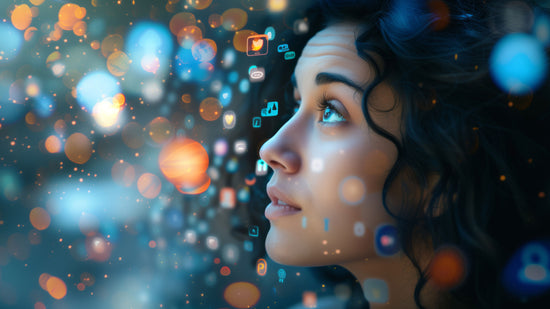How seemingly everyone is addicted to technology
According to Statista, there are nearly 5 billion smartphone users in the world today. Given today’s estimated global population, that’s well over two-thirds of everyone on earth. The number of estimated social media users hovers around 4.8 billion, meaning that nearly every smartphone user also utilizes social media in one way or another.

There is evidence to suggest that a significant portion of the population has developed habits and behaviors that indicate a dependency on technology. Some pieces of evidence that highlight this dependence are high device usage, nomophobia (the fear of being without one's smartphone or being unable to use it, which is a recognized phenomenon), sleep disruption, an increase in mental health concerns and digital detox trends, distracted driving and directed walking (though video compilations of this one might be considered more hilarious than serious by some).
It's important to note that not everyone is equally affected, and some individuals are more susceptible to technology addiction than others. Additionally, the term "addiction" should be used carefully, as it typically implies a loss of control and negative consequences. While many people may exhibit signs of dependency on technology, it doesn't necessarily mean they are addicted in the clinical sense, but this brings up another concerning recently emerging trend - that of social sickness, when someone “catches” a condition displayed by others on social media. In addition to the usual correlation between social media usage and the development of psychiatric disorders we’ve already heard and talked so much about (loneliness, anxiety, depression, etc.), these are cases in which consumers of social content identify with and develop conditions demonstrated on social media platforms, psychosomatically.
To mitigate potential issues related to technology use, it's essential for individuals to be mindful of their screen time, set boundaries, and engage in activities that don't involve technology to maintain a healthy balance in their lives - as we’ve mentioned before, unplugging is the key! Additionally, seeking professional help may be necessary for those who feel their technology use is negatively impacting their mental and physical well-being.

It's essential to approach this topic with nuance and recognize that the extent of technology use and its impact on an individual's life can vary significantly from one person to another, and vary immensely from adults to kids. In her book “Are My Kids on Track”, Sissy Goff (MEd, LPC-MHSP, is the director of child and adolescent counseling at Daystar Counseling Ministries in Nashville, Tennessee), remarks how “the ones who’ve done their own emotional work are best equipped to support their kids emotionally.” In other words, how can we expect to lead others - especially our kids - to have a healthy relationship with technology before we can do it ourselves? Like it or not, we’re always leading the ones around us by example. As the old adagio goes, actions speak much louder than words.
FOOD FOR THOUGHT
Answer this question honestly, to yourself and yourself alone: Am I in control of my technology usage, or do I often find myself compulsively reaching for my devices or spending excessive amounts of time online to the detriment of other important aspects of my life?

An accomplished translator and writer, Cami has been in the creative field for nearly two decades. Her experience as a linguist in several fields, paired with her background as a native Latina immigrant (born and raised in Brazil and naturalized American citizen) gives her a unique perspective on the social and cultural context of our society. She has been with Techless since 2022 and currently lives in Michigan with her husband of twelve years, their eight-year-old son, and their puppy Oreo.



